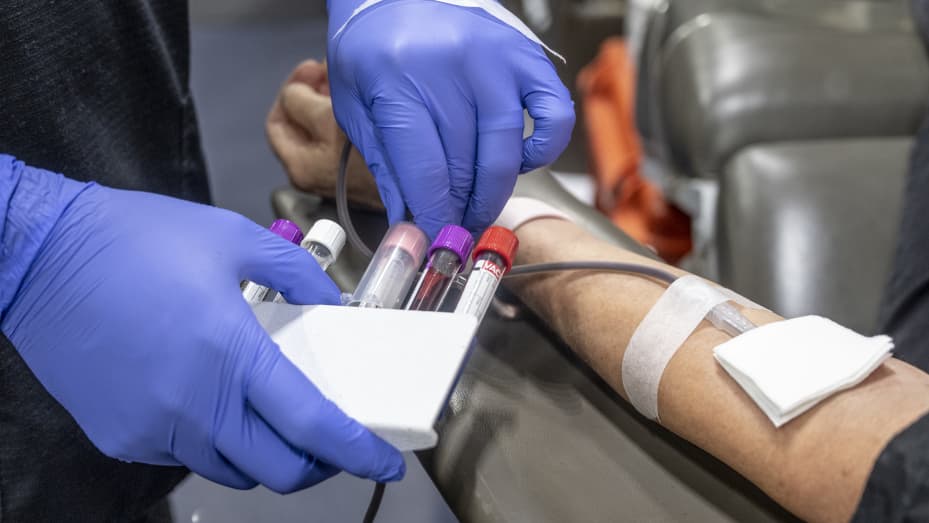
Gay and bisexual men in monogamous relationships will no longer be forced to abstain from sex to donate blood under federal guidelines announced Friday, ending a vestige of the earliest days of the AIDS crisis.
The proposedrelaxation of restrictions by the Food and Drug Administration follows years of pressure by blood banks, the American Medical Association and LGBT rights organizations to abandon rules some experts say are outdated, homophobic and ineffective at keeping the nation’s blood supply safe.
The new approach eliminates rules that target men who have sex with men and instead focuses on sexual behaviors by people, regardless of gender, that pose a higher risk of contracting and transmitting HIV. The FDA is expected to adopt the proposal after a period of public comment.
“Donating blood is one of several really important symbolic methods of demonstrating one’s caring for other people,” FDA Commissioner Robert M. Califf said. “We want to make that available to everyone possible in the context of a safe blood supply.”
Other countries including Canada and the United Kingdom have made similar changes in recent years.
For decades, gay men said they were made to feel like pariahs as they were barred from performing a widely lauded act of community service, sidelined from joining friends and family giving blood after national disasters. The rigidity of the FDA rules — making no exceptions for those who are in monogamous relationships — made some feel as though they could not be trusted or are viewed as disease vectors, no matter what steps they take to protect their health.

